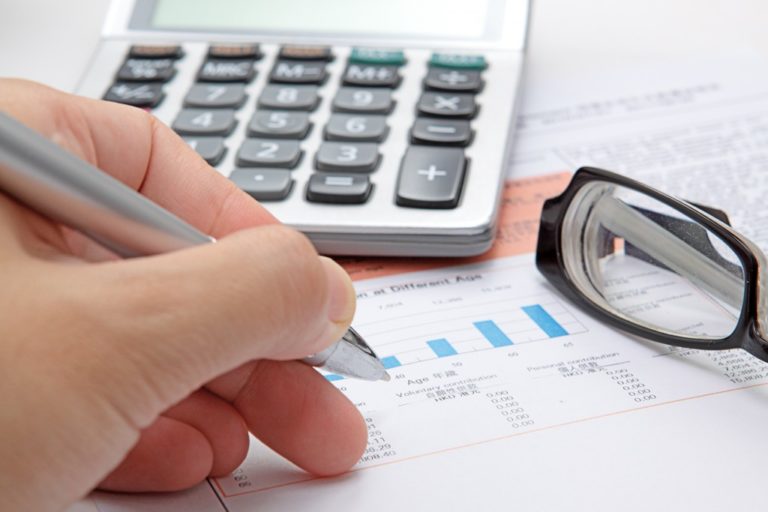Maintaining excellent credit in Australia can be a difficult undertaking. It’s even harder during a financially challenging time.
The pandemic has compromised the employment of many Victorians. Losing some or all sources of income could drain our cash reserves quickly. In hopes of keeping our actual money untouched, we tend to inadvertently sacrifice our credit.
As you know, a low credit score makes it tricky to take out a loan in the future. If you’re planning to buy a South Yarra, Docklands, or Truganina real estate property down the road, you should be extra mindful of your financial decisions to preserve your creditworthiness and face fewer obstacles when dealing with lenders.
Here, learn about the worst mistakes you could commit that would drive down your credit score in the time of COVID-19.
Maxing out Your Credit Cards
Credit usage accounts for a significant portion of your credit score. Ideally, a credit reporting bureau wants to see you use no more than 30% of your credit card limit every month.
That’s the magic number that indicates that you’re using plastic only as a payment tool. More often than not, you’ll be forgiven if your credit usage reaches 50%.
However, using more than half of what you can charge to your credit cards could make you look over-dependent on debt. Crossing the 50% mark will be knocking some points off your credit score.
Increasing Your Credit Limits
The higher your credit limits are, the more you can shop on credit without negatively affecting your credit score.
The problem is that requesting for more credit triggers a hard enquiry. Although this negative item will appear on your credit report, it might not lower your credit score if you don’t have several enquiries recorded over a short span of time.
Multiple hard enquiries can be indicative of desperation. It can send a frightening message to creditors, suggesting that you’re short on cash and planning to obtain to use debt more than usual.
Canceling a Credit Card
Closing a credit account, especially an old one, can significantly impact your credit. It could shorten your payment history, giving lenders less information about how well you manage your finances in the past.
Historical repayment can predict future behavior. If you have plenty of positive details tied to the credit card you intend to cancel, it’s advisable to keep it active even when you don’t have a pressing need for it at the moment.
Not Consolidating Your Unpayable Debts
Missed repayment is the surest route to credit destruction. If you could no longer handle your bills, strongly consider consolidating them.
Debt consolidation products won’t decrease your overall level of indebtedness. Rather, they’re designed to roll several debts into one so that you’ll only have a single set of fees and due date to contend with.
Leaving Credit Report Errors Where They Are

An inaccurate credit report could unfairly drive down your credit score. Unfortunately, an error could show up on your credit file due to a clerical mistake or outdated personal information.
Review your credit report once every year to identify any mistake before seeking new credit. It’s free to do so anyway.
Preserving your creditworthiness during a pandemic is no easy task. But if you do what needs to be done to keep your credit score high, you could avert another long period of financial hardship in the future.




